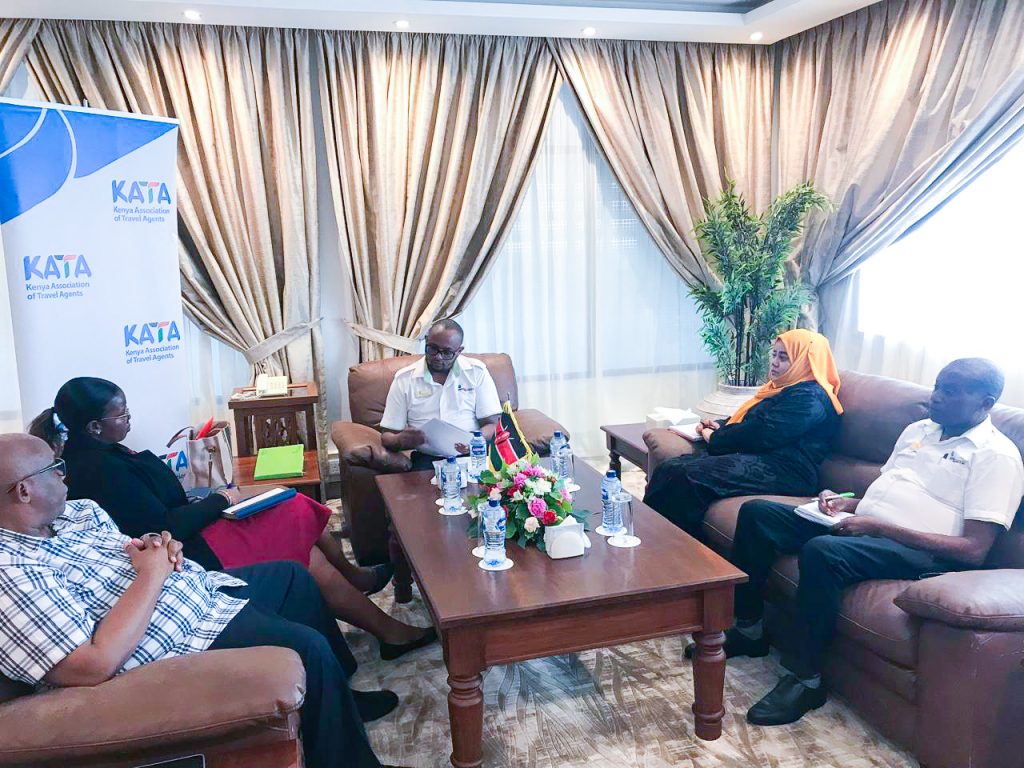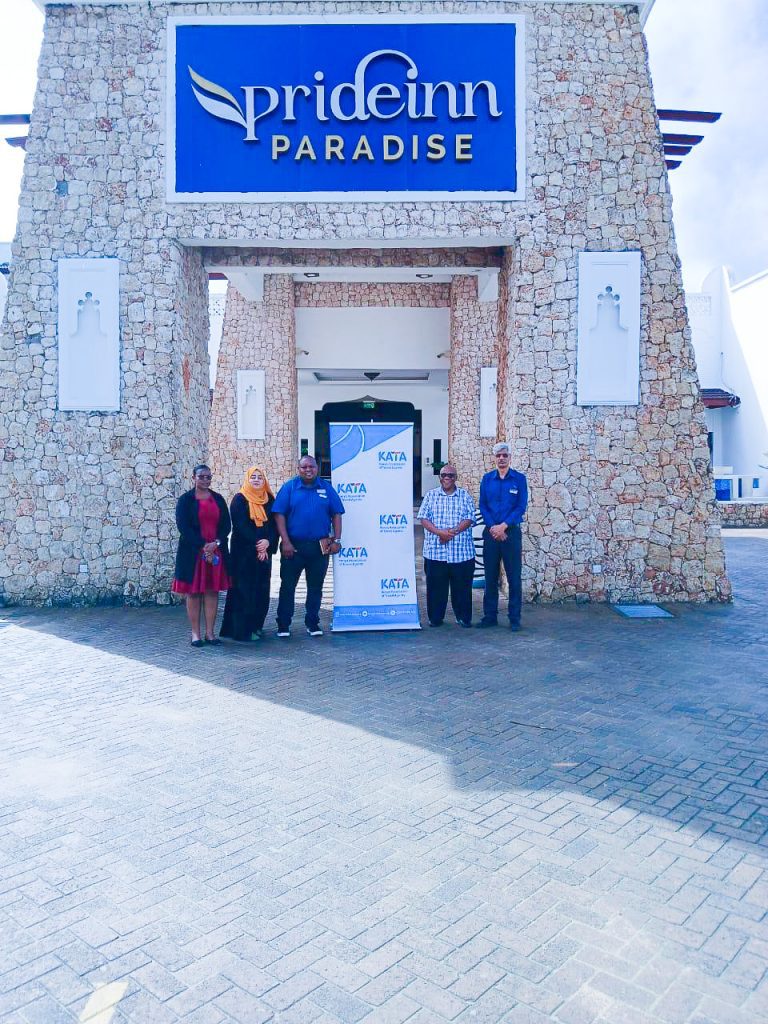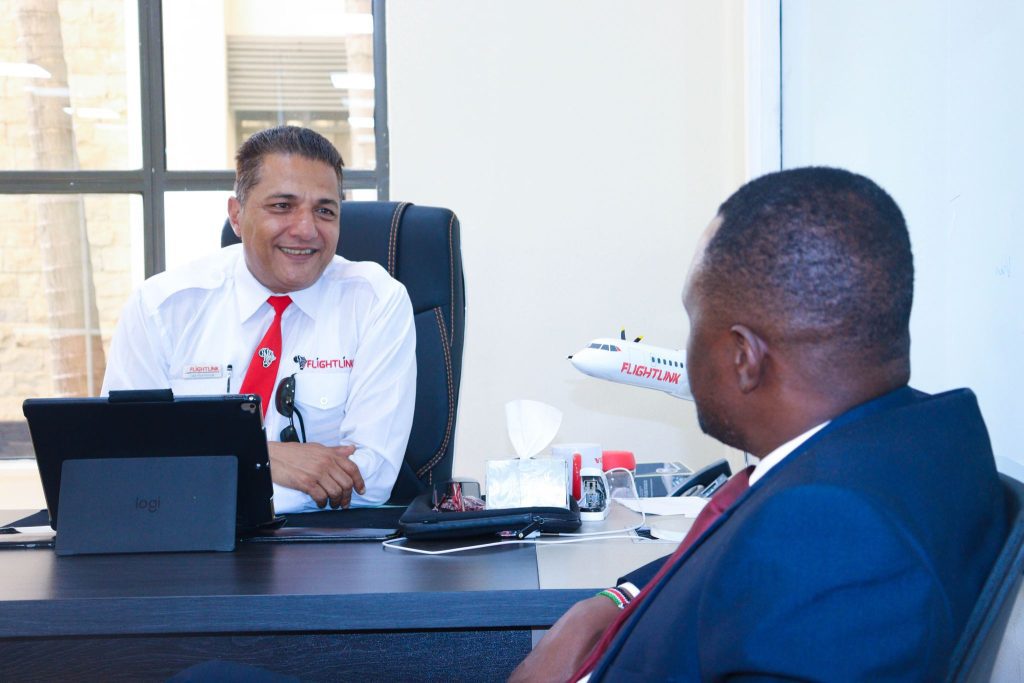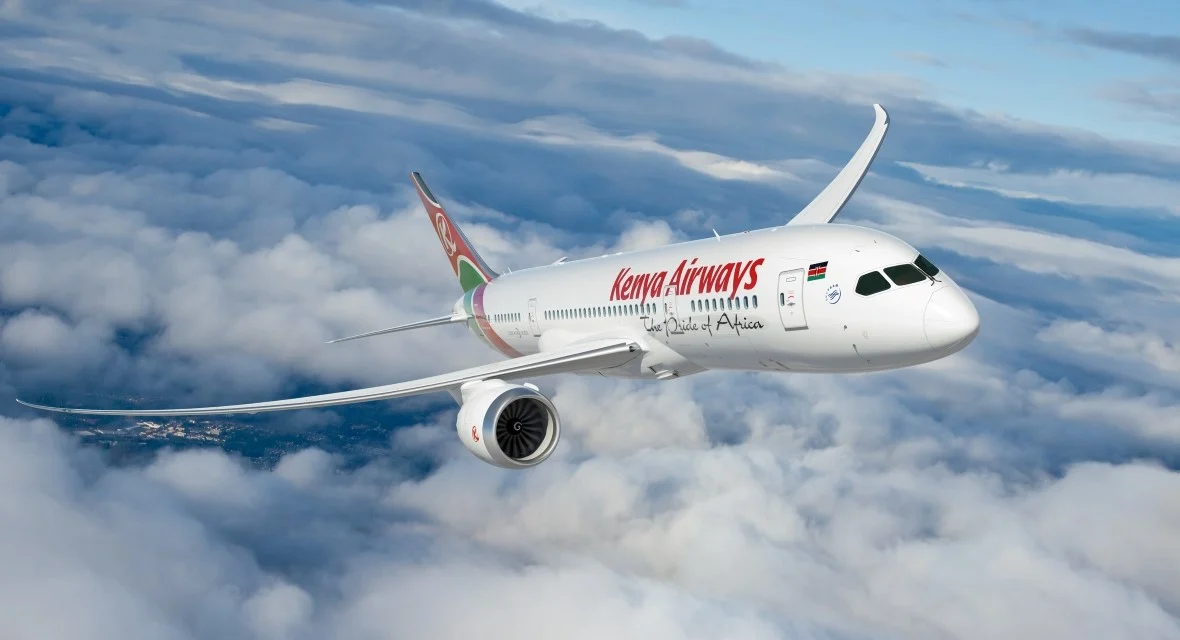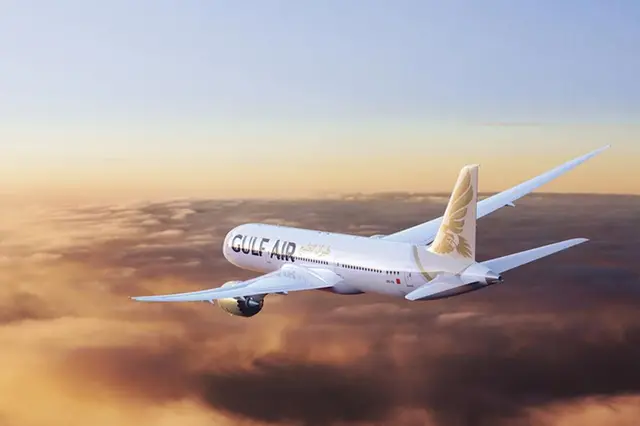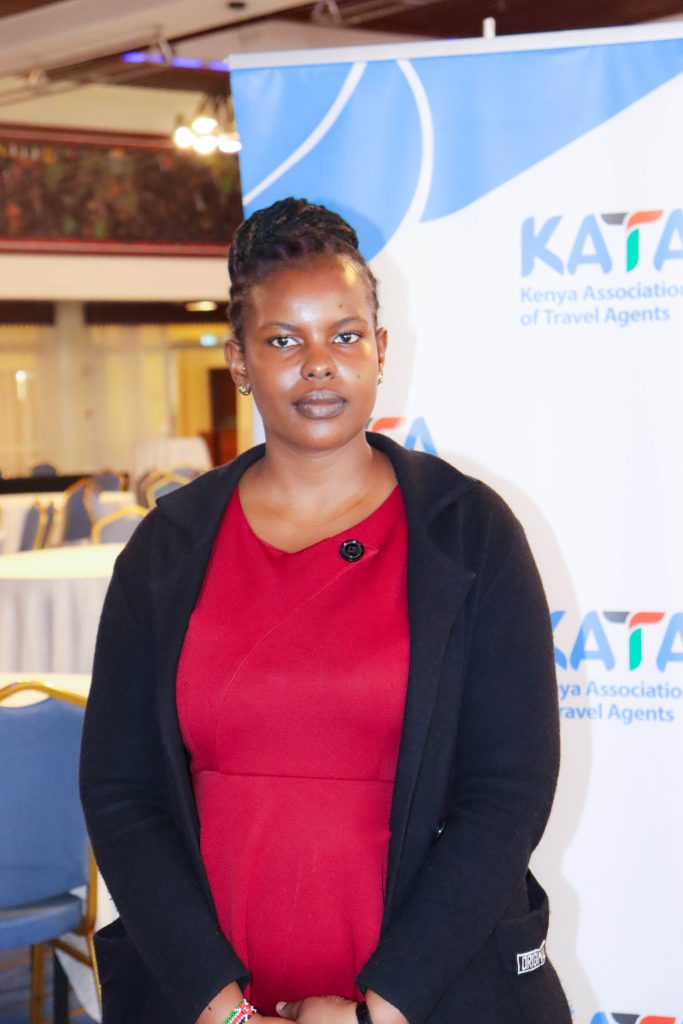London, UK: Research from the World Travel & Tourism Council (WTTC) has revealed Kenya’s Travel & Tourism sector is set to contribute a record KSh1.2TN to the economy this year, a record 24% above 2019 levels and equivalent to more than 7% of national GDP.
Employment and domestic spending is also expected to reach new heights.
The sector is also expected to support 1.7MN jobs in 2025 – maintaining over 8% of total national employment, playing a key role in the country’s future, representing nearly one in every 12 jobs in the country.
Visitor spending projections show a healthy rise across the board with domestic visitor spending set to reach a new record at just under KSh560BN.
International visitor spending is forecast to hit over KSh300BN, up 31% from 2019, and edging closer to surpassing its previous peak of 2011.
These record-breaking forecasts reflect a strong rebound for Kenya’s Travel & Tourism sector and a growing appetite among travellers to experience the country’s coastlines, safari parks, mountains, and vibrant urban centres.
Also Read: Only 2 Weeks to Go: Countdown to KATA’s 2025 AGM & Convention in Mombasa
The growth reflects Kenya’s expanding appeal on the global travel map, underpinned by its natural beauty, cultural heritage, wildlife experiences, and improving infrastructure.
Julia Simpson, WTTC President & CEO, said: “Kenya is on track for an exceptional year in Travel & Tourism. This projected growth in GDP, jobs, and visitor spending is a testament to the country’s enduring appeal and to the work done by both government and private sector partners.
“Kenya has everything today’s traveller is looking for. Nature, culture, authenticity, and hospitality, and WTTC sees it playing a key leadership role in Africa’s tourism future.”
Looking Ahead to 2035
WTTC projects that by 2035, Travel & Tourism will contribute KSh1.8TN to Kenya’s economy, supporting over 2.2MN jobs. That’s 500,000 new jobs expected over the next decade – reinforcing the sector’s role in driving inclusive and sustainable growth.
International visitor spending is forecast to reach KSh409BN, with domestic visitor spending expected to reach KSh821BN.
Reflecting on 2024
In 2024, Kenya’s Travel & Tourism sector contributed KSh1.2TN to the national economy, a 10% year-on-year increase, and supported 1.7MN jobs across the country.
International visitor spending reached KSh288BN, while domestic visitor spending totalled KSh528BN, reflecting a strong rebound in both international arrivals and local travel demand.
Source: wttc.org






